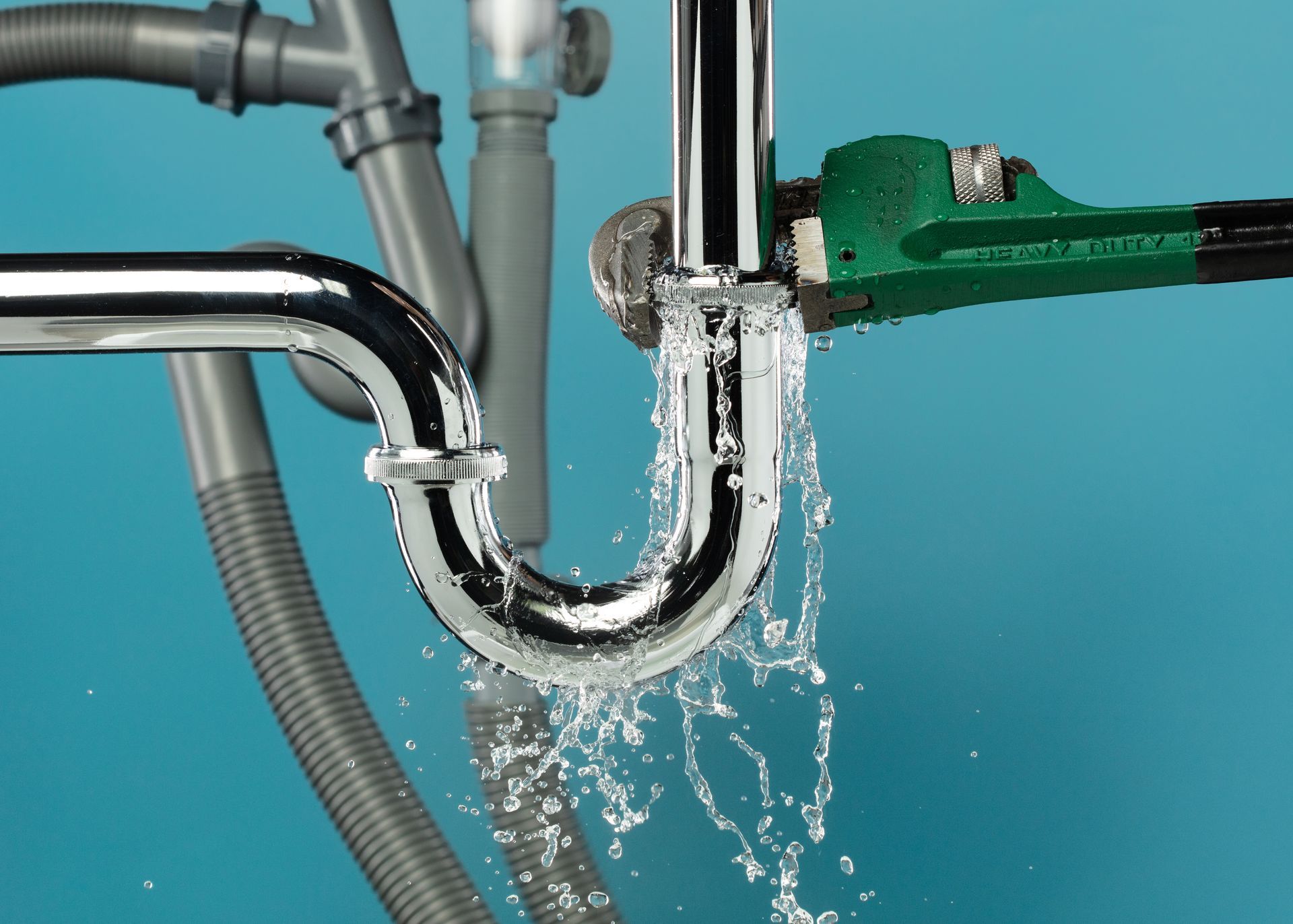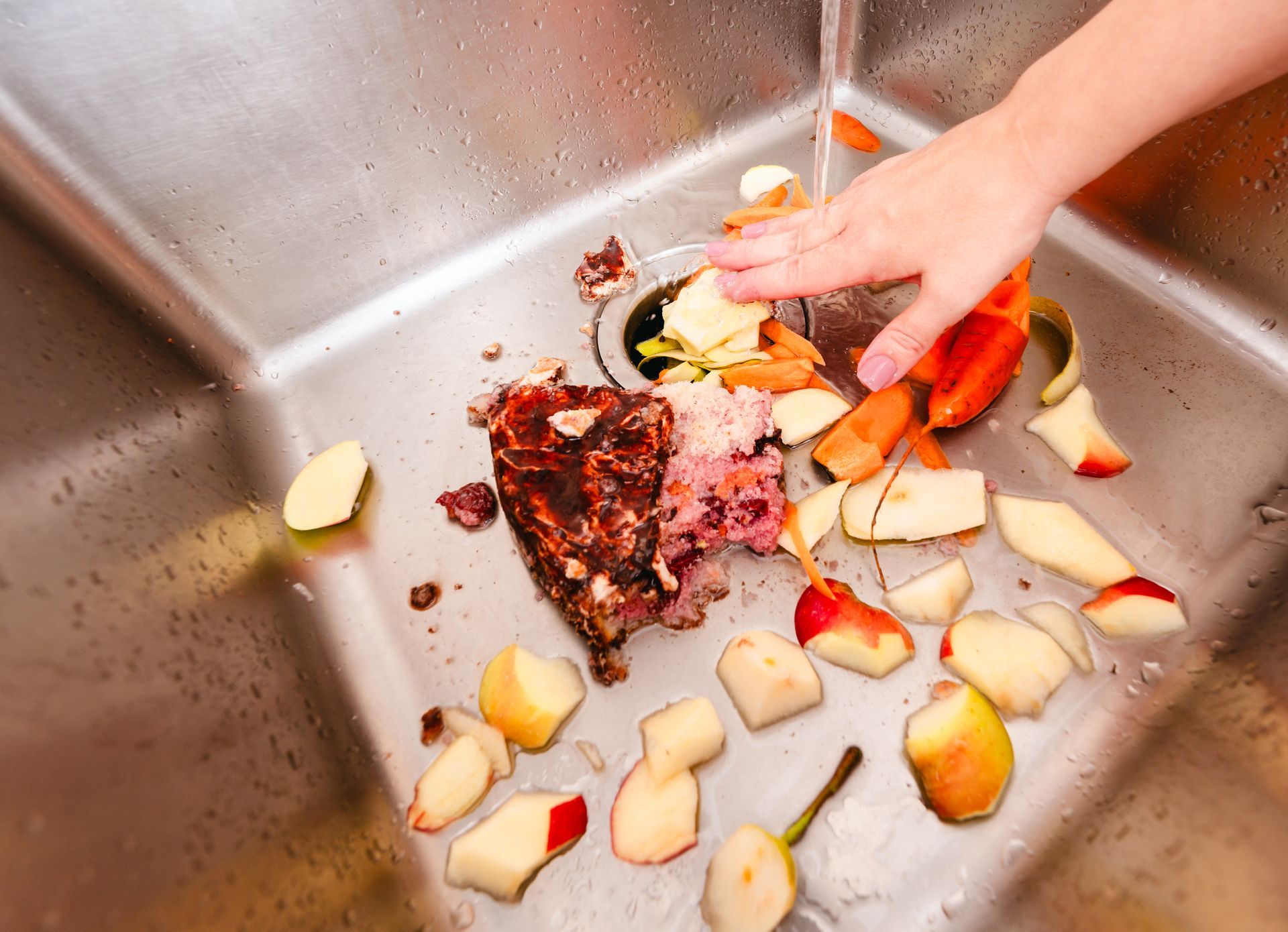TLH Plumbing Cure SMA Fundraiser
August is SMA (Spinal Muscular Atrophy) Awareness Month!

August is SMA (Spinal Muscular Atrophy) Awareness Month! SMA is incredibly close to the heart of TLH Plumbing, because Tatum Leigh Harbin, the namesake for TLH, had SMA. She passed away at just 6 months old, but her legacy lives on through her parents, Gary and Kayla Harbin, who opened the doors of TLH to help serve the Middle Tennessee area with affordable, quality plumbing services and to continue to shine her light for years to come.
In her honor, TLH Plumbing is collecting donations for #CureSMA! They are an amazing organization that spearheads research and development through scientific breakthroughs and lobbying, as well as functions as a support system for families living with SMA. They helped navigate Gary and Kayla through the rough first few months of their SMA journey and beyond, so we want to raise as much money as we can for this amazing organization.
TLH is matching up to $3,000 in donations made to Cure SMA during the month of August. You can donate to this cause HERE: https://diy-curesma.donordrive.com/campaign/TLH-Plumbing-Fundraiser
What is SMA (Spinal Muscular Atrophy)?
Spinal Muscular Atrophy is a rare genetic disorder that primarily affects the motor nerve cells in the spinal cord, leading to muscle weakness and atrophy. It falls under the umbrella of neuromuscular diseases and is characterized by varying degrees of muscle weakness and loss of motor function. The severity of the condition can vary widely, with some cases causing minimal impact on daily life, while others result in significant disability.
Types of SMA
There are several types of SMA, categorized based on the age of onset and the severity of symptoms. The most common classification includes:
Type 1 (Werdnig-Hoffmann Disease): This is the most severe form of SMA, usually evident in the first few months of life. Infants with Type 1 SMA have significant motor difficulties, low muscle tone, and may struggle with essential functions like breathing and swallowing.
Type 2: This form typically becomes apparent in infancy or early childhood. Children with Type 2 SMA can often sit independently but might face challenges with standing and walking.
Type 3: Also known as Kugelberg-Welander Disease, Type 3 SMA emerges in early childhood or adolescence. Individuals with Type 3 SMA may experience muscle weakness and difficulty walking, but they usually maintain the ability to stand and walk with assistance.
Type 4: The mildest form of SMA, Type 4 usually presents in adulthood. It leads to mild motor impairments, such as muscle weakness and difficulty walking long distances.
Causes and Genetics
SMA is primarily caused by a deficiency of a protein called Survival Motor Neuron (SMN) protein due to mutations in the SMN1 gene. This protein is essential for the survival and function of motor neurons that control muscle movement. Both parents have to be carriers for a child to be born with SMA. Thanks to the hard work of SMA research organizations, there are tests available to see if you're a carrier.
Symptoms and Diagnosis
Common symptoms of SMA include muscle weakness, poor muscle tone, limited motor function, and respiratory issues. Diagnosis typically involves genetic testing to identify mutations in the SMN1 gene. As awareness and research around SMA grows, testing for SMA is now part of the newborn panel testing nationwide. Early diagnosis is crucial, as it allows for timely intervention and support, so we are thrilled that this is now common practice.
Treatment and Research
While there is no cure for SMA, significant advancements have been made in recent years in managing the condition and improving the quality of life for patients. One groundbreaking development is the approval of gene replacement therapies that boosts SMN protein levels. Additionally, promising gene editing techniques like CRISPR-Cas9 hold the potential for correcting the genetic mutations responsible for SMA.
Every dollar helps in the fight to cure SMA. Even just a $5 donation will go a long way! It doesn't sound like it could do much, but $5 can help us print pages for medical binder and informational packet to send to the family of a newly diagnosed newborn. It can purchase rubber bracelets to help us advocate and spread the word about Cure SMA and our SMA community. Most importantly, the collective impact of your donation along with others can truly help change lives.
The link to donate is HERE: https://diy-curesma.donordrive.com/campaign/TLH-Plumbing-Fundraiser







